How to Clean Battery Corrosion, Which Isn't as Scary as You Think

By Sharon Brandwein
At some point in your life, you’ve probably opened a remote control to change the batteries only to find that they have corroded inside the battery compartment. Yes, bad things happen to good people, but this isn’t one of them.
The truth is, battery corrosion is a fact of life for alkaline batteries, and while it may look a bit gnarly in there, corrosion isn’t the death knell of your device. With a few pantry and household staples, you can clean a corroded battery and get your devices back up and running in no time. This guide will show you how!
Photo via Ino1738714
How Long Do Batteries Last?
Age is a common factor that leads to battery corrosion. As a primer, here are the typical lifespans of common batteries:
- Unused alkaline batteries can last anywhere from 5 to 10 years.
- Rechargeable batteries (NiCad or Ni-MH batteries) can last from 3 to 5 years.
- Lithium batteries have a lifespan of about 4 years.
Why Do Batteries Corrode?
Battery corrosion occurs when the pressure inside the battery builds up, expanding the battery walls and their seals, and eventually causing the latter to break. When that happens, the battery releases hydrogen and potassium hydroxide. If you’ve seen a white powdery residue on a corroded battery, that’s the potassium hydroxide in action when it reacts with carbon dioxide, a.k.a. the air.
Battery corrosion is a fact of life for most non-rechargeable alkaline batteries. While age is the most common factor that leads to battery leakage and corrosion, humidity can also play a role and expedite the process.
And while you might think that battery corrosion may compromise the integrity of your electronics, that's not necessarily true. Corrosion that’s left to sit may ultimately affect how your gadget takes the charge from a new battery, but by cleaning the battery corrosion quickly, you can ensure good contact points and your gadget should power up and work just fine.
Safety Warning
Remember that battery corrosion is a mix of hydrogen and potassium hydroxide. If you’re attempting to clean up a bit of battery corrosion on a gadget in your home, it’s important to note that potassium hydroxide can cause skin, eye, and respiratory irritation. For your safety, it’s best to wear gloves and a face and eye covering. Also, when cleaning battery corrosion, do your best not to breathe it in or ingest it. If your skin or eyes come into contact with the potassium hydroxide, rinse the area well and call your doctor to see if further action or medical care is necessary.
How to Clean Battery Corrosion
You probably know that vinegar has myriad uses around your home, but you probably didn’t know that vinegar can also be used to clean battery corrosion. Here’s how to clean battery corrosion with vinegar.
Tools and Materials
- Vinegar
- Cotton swabs
- Soft cloth or toothbrush
- Toothpicks
Step 1: Remove All Batteries
Even if it may look like only one battery may be corroded, it’s important to remove all the batteries from the unit so you can clean the entire compartment.
Step 2: Clean the Corrosion
Once you’ve removed the batteries, dip a cotton swab in vinegar and dab it on the corrosion to neutralize it. Be careful and only use as much vinegar as you need. As you might suspect, dumping a tablespoon of vinegar on your electric device will probably ruin it.
It’s also worth noting that when the vinegar interacts with the potassium carbonate, it will start to fizzle. Once the sizzling stops and the white powder softens, you can rub it away with a clean cotton swab, a soft cloth, or a toothbrush.
Step 3: Tackle Any Crystallized Pieces
If you’re left with any crystallized battery corrosion after you’ve wiped the unit down, you can tackle those caked-on bits by getting in there with a toothpick and picking or scraping it out.
Step 4: Give the Battery Compartment a Final Wipe Down
Once you’ve satisfactorily removed all of the battery corrosion, give the battery compartment a final wipe down to remove any remaining residue, paying special attention to the battery contact points. The battery case should be completely dry before you put fresh batteries in.
Photo via Marc Erick
How to Prevent Battery Corrosion
Cleaning battery corrosion wasn’t as intimidating as you might think, right? Now learn how to prevent battery corrosion from happening in the first place with these need-to-know tips:
- Batteries are extremely heat-sensitive, so be sure to store your batteries in a cool, dry place.
- Keep your batteries in the original packaging. Ultimately, this will protect the batteries and prevent them from coming into contact with anything that can degrade them, damage them, or cause them to leak.
- Check the batteries in your devices regularly. Ideally, you want to take a good look at the batteries, make sure they’re in good condition, and check that they are doing their job to operate the gadget in question.
- Do not store batteries in the freezer. It would seem that there are quite a few resources out there that instruct nice folks like yourself to store batteries in the fridge or freezer. This is not advisable. Condensation from the fridge will ultimately damage the batteries, and the extremely cold temperatures will shorten their lifespan.
- Don’t use expired batteries. If you happen to find a stash of old batteries somewhere in your home, be sure to check the expiration date before popping them into your favorite gadgets. Expiration dates are usually printed directly on the battery near the chemical composition information or the battery type information. If you can’t find an expiration date and you think it’s worth it, you could always use a battery tester to help you figure out if your batteries are in good working condition. When in doubt, throw the batteries away (responsibly, of course).
- Make sure to replace all batteries in your device at the same time. While mixing new and old batteries is a big no-no, it’s important that you don’t mix different battery brands or different battery types in the same device as that too can encourage ruptures and leaks.
- Do not store devices with the batteries in place over the long term. If you don’t think you’ll be using a particular gadget for a few months at a time, remove the batteries before putting the item into storage.
Have you dealt with battery corrosion before? Tell us about your experience (including the cleanup) in the comments below!
Enjoyed the project?
Comments
Join the conversation
-
 Stalibropba
on Mar 15, 2024
Stalibropba
on Mar 15, 2024
Thanks for sharing these insights! It's interesting to learn about the lifespans of different types of batteries.
-
-
 MylieSalinas
on Mar 16, 2024
MylieSalinas
on Mar 16, 2024
Dealing with battery corrosion can be quite the hassle, but it's great to know that it's not as daunting as it seems. Thanks for sharing these handy tips on how to tackle it! It's always a relief to have solutions at hand when unexpected issues pop up with our devices.By the way, if you're looking for reliable batteries to power your devices, https://www.pkcellpower.com/pkcell-19000mah-lisocl2-battery-er34615-3-6v-d-size-lithium-battery-er34615-for-gas-meter-product/ has got you covered. They offer a wide range of options, including the ER34615 3.6V D-size lithium battery, which is perfect for various applications. With their high-quality products, you can rest assured that your devices will stay powered up when you need them most.
-



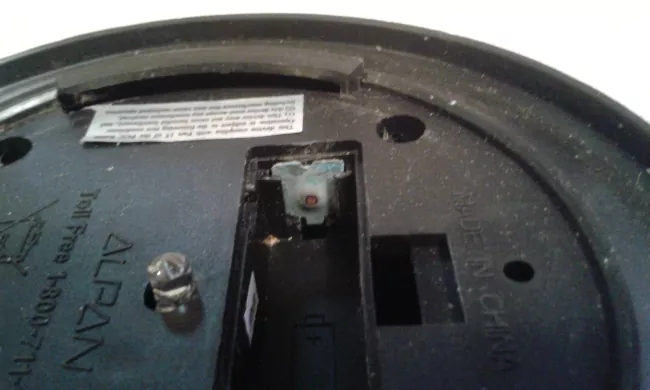

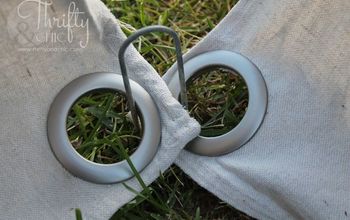

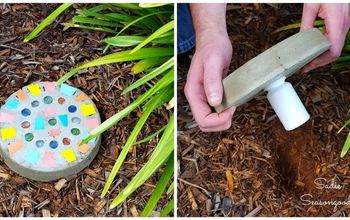




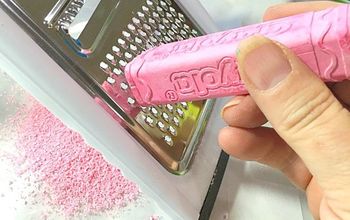

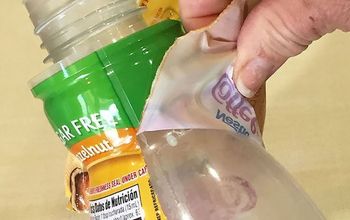


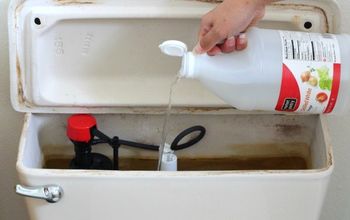


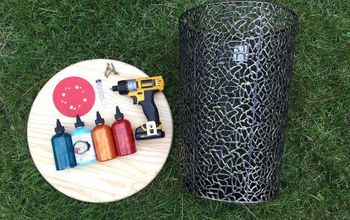


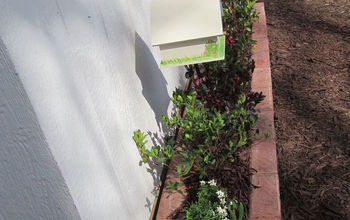
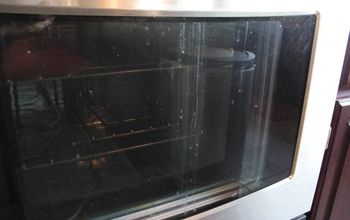
Frequently asked questions
Have a question about this project?